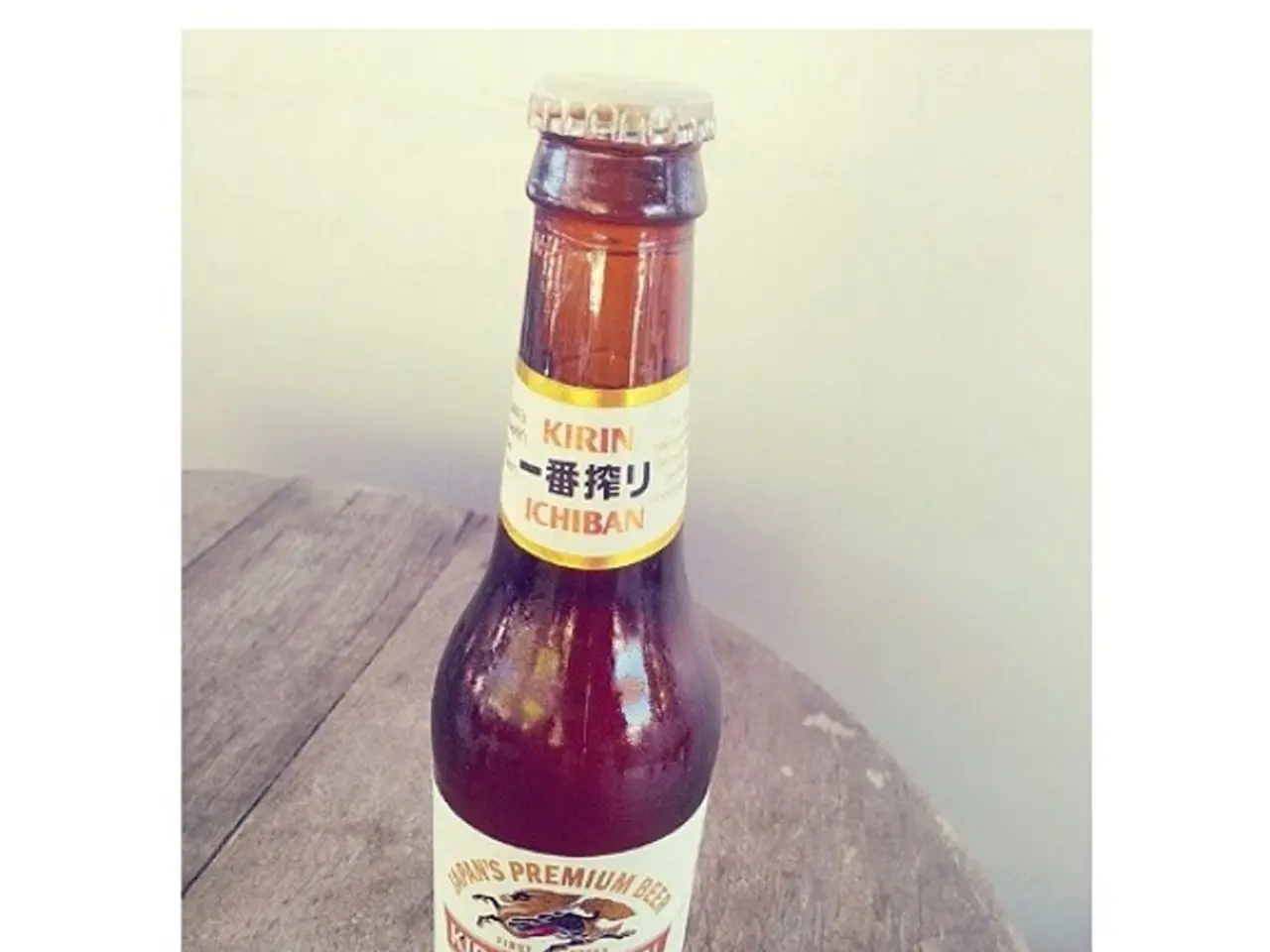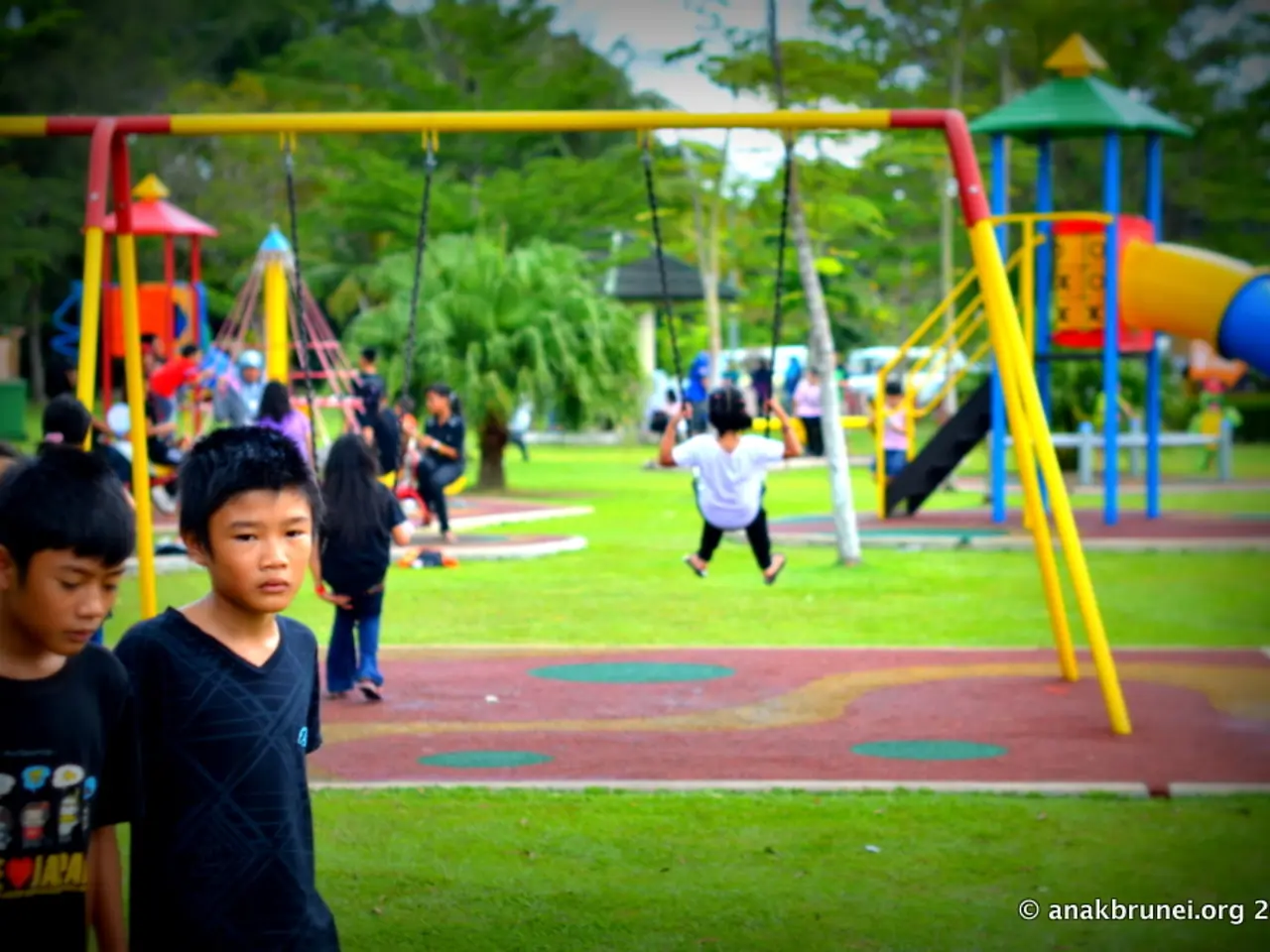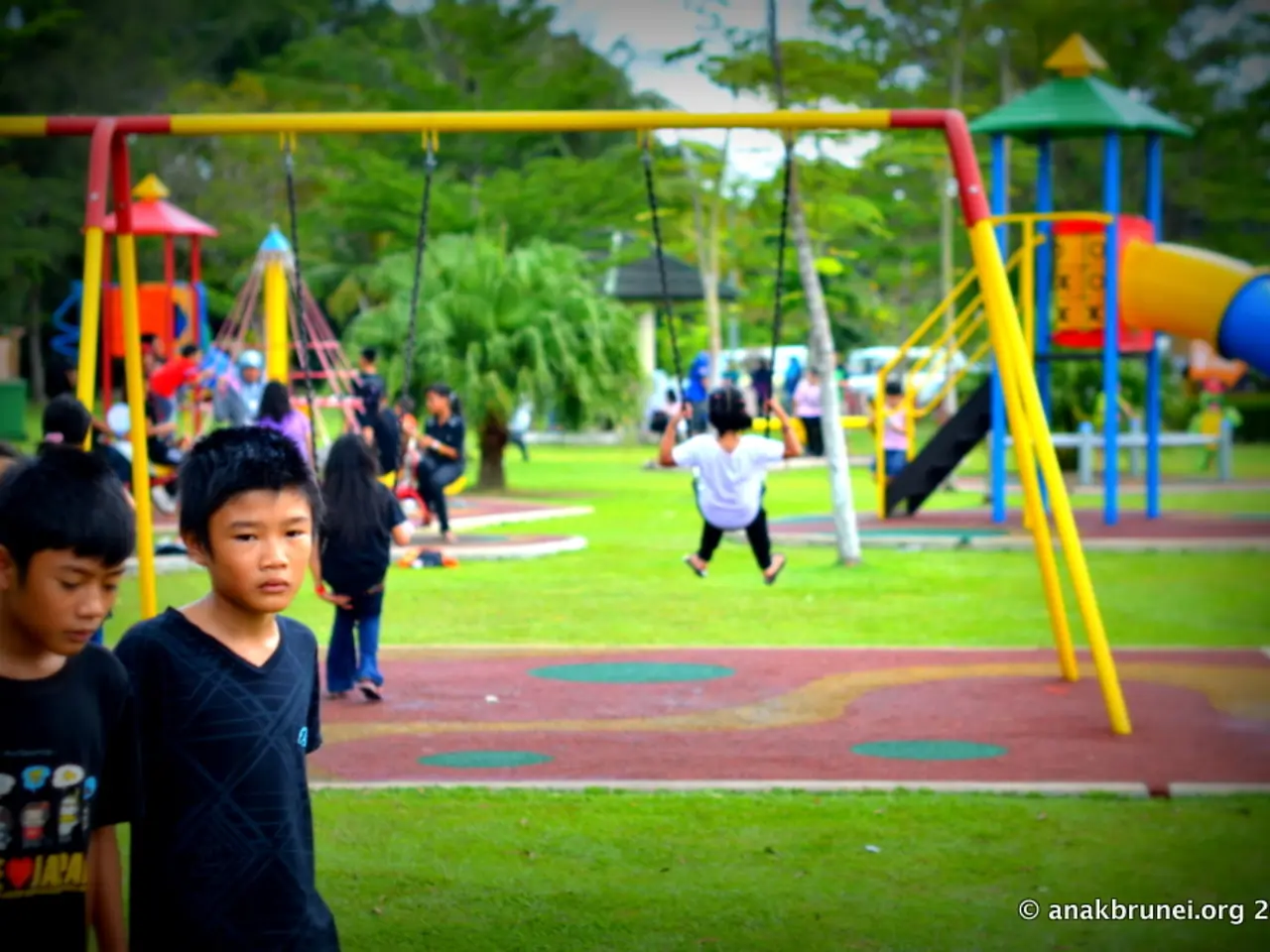Student from Latakia shares experiences from Krasnodar Region
In a serendipitous twist of fate, Syrian student Haydar Jazaa, originally from the coastal city of Latakia, has found a surprising sense of familiarity in Krasnodar, a city located on the shores of the Black Sea in southwestern Russia.
Haydar, who moved to Krasnodar in 2021 to pursue his studies at the Kuban Medical University, has been exploring the city and its surroundings. His travels have taken him to Galitsky Park, Chistyakovskaya Grove, Krasnaya Street, and the German Village, all of which he found reminiscent of his hometown. The climate in Krasnodar, with its maritime influences, also struck a chord with Haydar, who noted the similarities to Latakia's Mediterranean climate.
Beyond the geographical and climatic similarities, Haydar has found cultural commonalities as well. He has been struck by the friendliness of the Russians, a trait he finds mirrors the people of Latakia. The shared traditions and mindset between the two cultures have made his transition smoother than he had anticipated.
Haydar's academic journey in Krasnodar has been marked by success. He has participated in and won competitions at the national level, including the Congress of Young Scientists in Sochi. His future plans include completing his studies at the medical faculty and specialising in dermatology, either in Krasnodar or Moscow. Haydar has no plans to leave Russia.
Haydar's family, too, has a connection to Russia. His mother was an English teacher in Syria, and his father, a military man, has a deep respect for the Russian military. Despite being born in Damascus, Haydar's roots are in Latakia, a city he fondly recalls.
Adjusting to life in a new country has not been without its challenges. Haydar arrived in Krasnodar with no knowledge of Russian, but he has been diligent in learning the language. His culinary explorations in Krasnodar have been enlightening, especially trying local dishes such as borscht, khinkali, and syrniki. However, he notes that while these dishes are delicious, they are quite different from Syrian cuisine, which is diverse and features traditional dishes like tabbouleh salad, Syrian dolma, shawarma (which, unlike in Russia, does not typically include vegetables), Syrian pilaf (predominantly made with chicken), and ayran.
Despite these differences, Haydar has found a home in Krasnodar, a city that, in many ways, feels like an extension of his hometown. His story serves as a testament to the power of shared experiences and cultural similarities in bridging gaps between people from different backgrounds.
Haydar has found that his new city, Krasnodar, offers a strange sense of familiarity, not just in its geographical and climatic similarities to Latakia, but also in its cultural commonalities. As he delves deeper into his education-and-self-development journey at the Kuban Medical University, he remains engaged in general-news, closely following the lifestyle and traditions of his temporarily adopted home.




